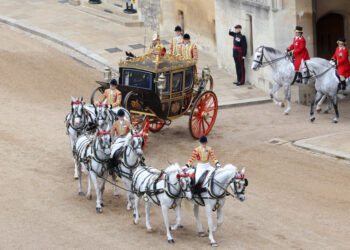As the World Protocol Magazine Editorial Board, we take enormous pride in keeping this platform open to all experts from the numerous fields of business and protocol: Minabai Seibofa, from Nigeria is the next of many who have taken the opportunity of working together with WPM.
Mr Seibofa is a Protocol and Executive Protection Consultant in Nigeria. He is the Founder/Chief of Protocol, ShieldField Protocol Nigeria Ltd. In his second article published by WPM, he explains the understanding of church protocol.
INTRODUCTION
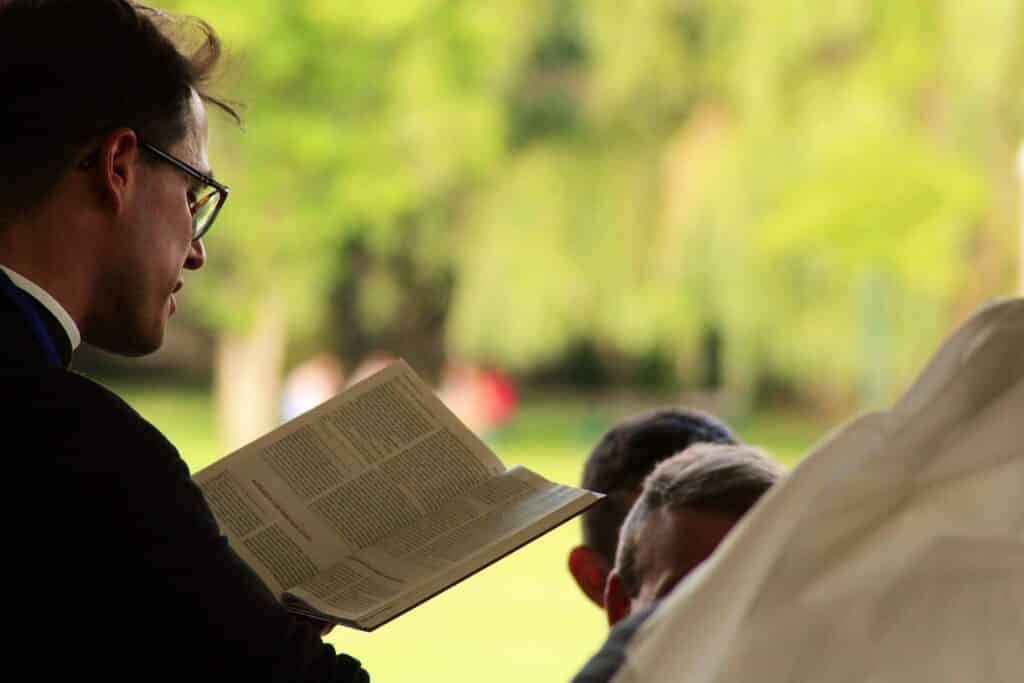
According to https://www.churchofchrist1830.org/ , the Church of Christ traces its history back to the original organization that was established by Jesus Christ in the first century AD.
We can say that the church has been in existence for over two thousand years. Just like every other organization that have been around for so long, there are laid down protocols, procedures and procedures that determine how members of the organizations conform to the expected norms. These processes are guidelines generally accepted as correct and proper in the organization.
For the church as an organization to run smoothly and efficiently, it is necessary to have a structure, including a Shepherd, Pastor, Priest, an Overseer, or a Bishop etc., who have been chosen by God to provide direction, foresight, feed his people with knowledge, discipline and sound doctrinal teaching with wisdom and understanding (Jeremiah 3:15).
The Apostles of the early church, after Jesus’ ascension displayed tremendous organizational skills and capacity in handling doctrine, discipline, and order, and meeting the spiritual needs of the early church. This is aptly recorded in the book of Acts chapter 6 vs 1-7. Their efficiency, excellence, organization, and effectiveness were crucial to the successes they recorded in the early church.
The Holy bible, in the book of 1 Corinthians chapter 14 vs 40 (NKJV) says “Let all things be done decently and in order”. The encounter of Jesus Christ in the temple, in the book of John chapter 2 vs 14 -16 clearly demonstrated the need for order to be in the church.
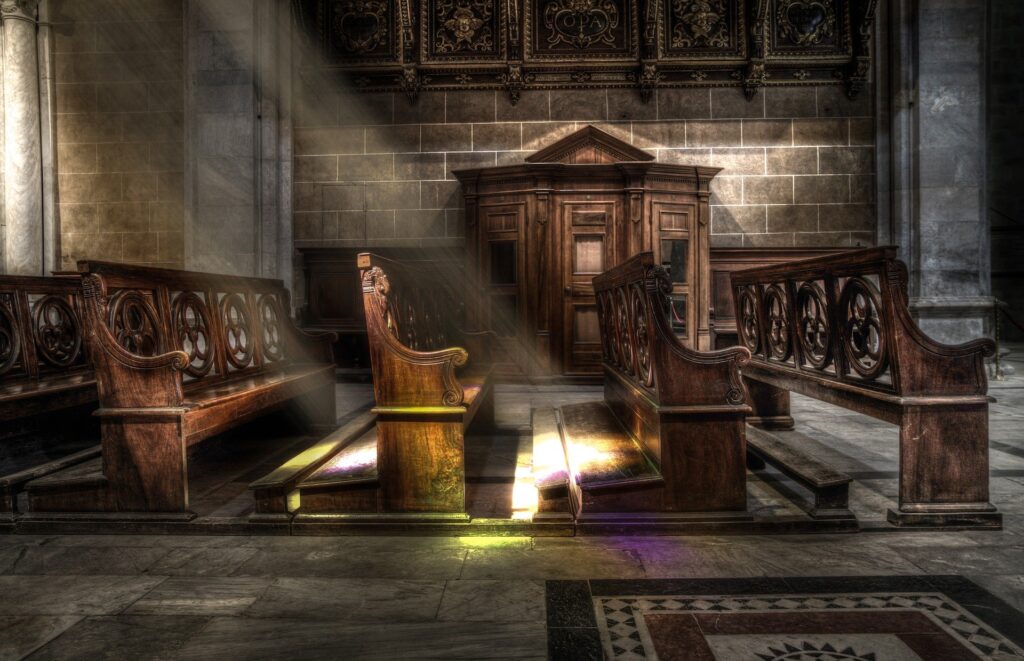
WHAT IS CHURCH PROTOCOL?
Before describing church protocol, it is important we establish what protocol is.
Protocol is a code of ceremonial forms and courtesies and processes considered as right and accurate in official dealings, or a system of rules and acceptable behavior used at official ceremonies and occasions.
The Protocol School of Washington defines protocol as the fine art and science of facilitating events for people of different cultures to find common purpose, engage strategic and sensitive issues, and create relationships and memories of a lifetime.
We can also say it is a blend of good manners and good communication skills that brings politeness at events, be it birthdays, coronations, government luncheons, wedding ceremonies, funerals etc. The goal at the end of the day is to show respect, courtesy, and hospitality.
Having understood this, what then is Church Protocol?
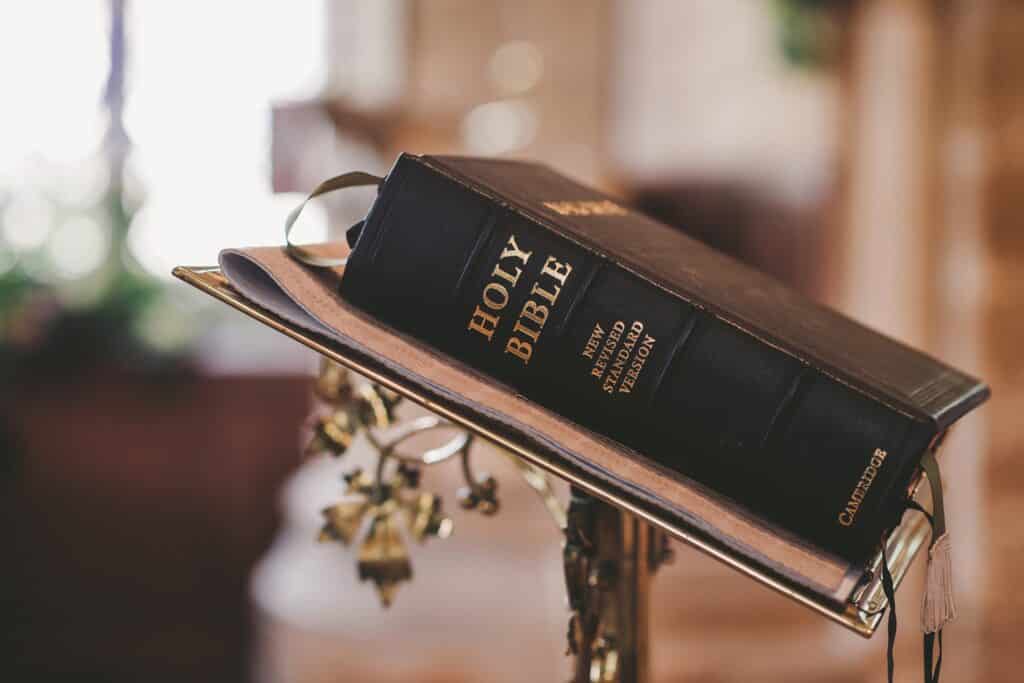
According to Rev. Dr. Danny L. Boyd, church protocol is a code of courtesies, proper practices, set of rules regarding church worship service.
Ademola Adetuberu described church protocol as a collection of rules, the way we approach God and serve his oracles and the way we engage God’s people in a beautiful and orderly way to ensure that there is no interference.
From both definitions we can say, church protocol is basically how we conduct ourselves in the worship and service of God. The essence of protocol is for decency and order to be in place. The church according to Boyd, is the most important place where dignity, protocol, respect and reverence should be maintained.
It is important to state that church protocol is not “one size fits all”. The protocol for Catholic, Anglican, Pentecostal etc., church may differ. Each church defines its protocol according to its doctrines and beliefs. However, in spite of the differences, the fundamental principles of order, rules, reverence, courtesy in the house of worship remains constant.
It is these protocols, rules, and guidelines that prescribes how individuals, the clergy, and the congregation comport themselves in the worship of God, especially in fulfilling the mandate of the great commission (Mark 16:15) and commandment (Mathew 22:37-40) given by Jesus Christ.
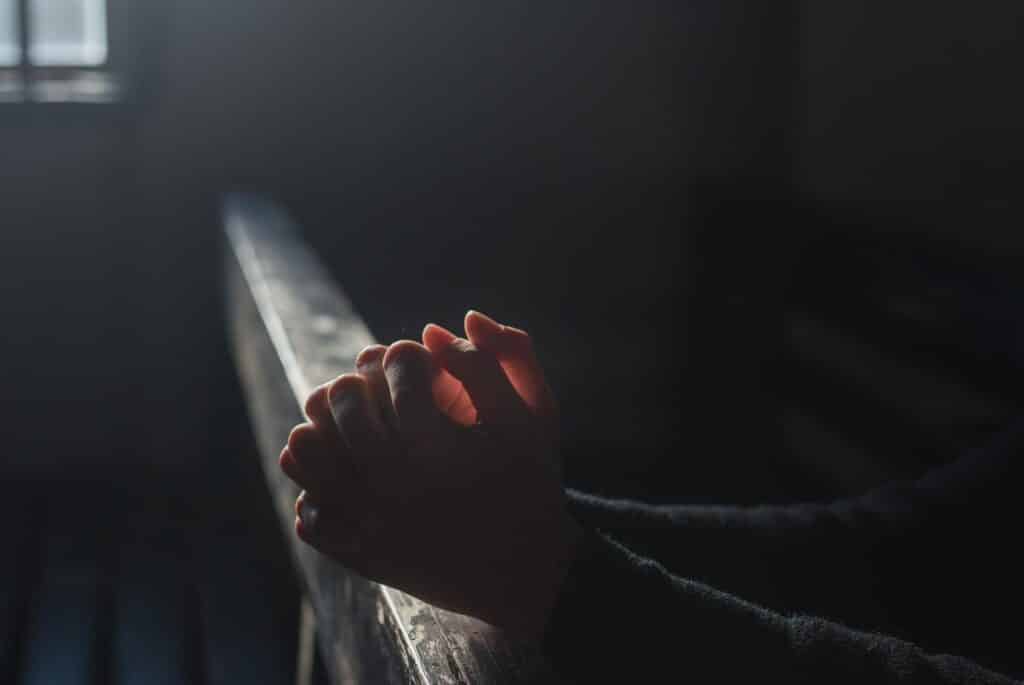
WHO IS A CHURCH PROTOCOL OFFICER?
A church protocol officer is the one who ensures that all religious ceremonies, such as marriages, conferences, church services, child dedications, funeral services, birthday celebrations and other services are carried out in compliance with the church’s established doctrines and belief.
Due to the fact that church protocol officers are custodians of etiquette in the church, they make sure that every service is administered in accordance with the church norms. While majority of the church traditions are still in place, some have evolved over the years, to keep up with the fast-paced world.
Having this in mind, let us take a look at some of the functions of a church protocol officer.

FUNCTIONS OF A CHURCH PROTOCOL OFFICER
1: Visitor/Guest Management: The protocol officer is in charge of coordinating high-profile visitors and guest ministers to the church.
2: The protocol officer is responsible for ensuring that all departments involved are aware of their responsibilities and duties in connection with a visit.
3: Helps to organize meetings with the pastor, bishop etc.
4: Ensures formalities are observed during special meetings.
5: Serves as an information source of the pastor, bishop.
The functions of a church protocol officers are numerous. While they may appear straightforward at first glance, it is a specialized field with its own set of rules.
Some of the subunits that make up the church’s protocol unit include; The greeter unit, which is in charge of greeting and welcoming people, the welfare unit, which is in charge of looking after the pastor and visiting ministers, and the transport unit, which is in charge of conveying visiting preachers who will be preaching at any gathering etc.
While the protocol officer works with other units in the church, its primary duty is focused on assisting and taking care of pastor, bishop, guest ministers etc. before, during and after the course of the service, meeting or in an event in the church.
Now let us explore the competences a church protocol officer should possess. They are tools that help church protocol officers become efficient, effective and successful in their roles and responsibility.
3 KEY COMPETENCES OF A CHURCH PROTOCOL OFFICER
Spiritual Competence: A church protocol officer’s assignment is first spiritual. The church is not just any organization, but a spiritual one. Therefore, they must be sound in the Word of God (1 Timothy 2:15), and in prayers (1 Thessalonians 5:17).
Intellectual Competence: This role is normally occupied by individuals who have completed particular courses and training, read protocol books, studied etiquette rules, and learned church roles.
Relational Competence: This is a skill that enables the protocol officer deal with complex situations, difficult people, and being able to listen and understand other people (Romans 12:18). To sum it up, skills such as honesty, truthfulness, trustworthiness, patience, empathy and understanding, reliability and dependability, influence and persuasiveness are relational competences to be built by a church protocol officer.
CONCLUSION
Every church has its own set of protocol, rules and guidelines that establishes a system of how worship services are carried out in the church and in the worship of God. It is expected that these protocols are adhered to at every point in the church, irrespective of the service or event being conducted.
Therefore, it is important for members of the church, visitors and guest ministers to be properly briefed about these protocols and expectations. This will allow for smooth running of every service and event conducted by the church, without encountering unintended misunderstanding.
The role of church protocol officers cannot be overemphasized, because daily worship services and other events held in the church are almost flawed without them. Their knowledge in formalities, dignity, respect and reverence, plays a significant role in enhancing worship services and other events in the house of God.

